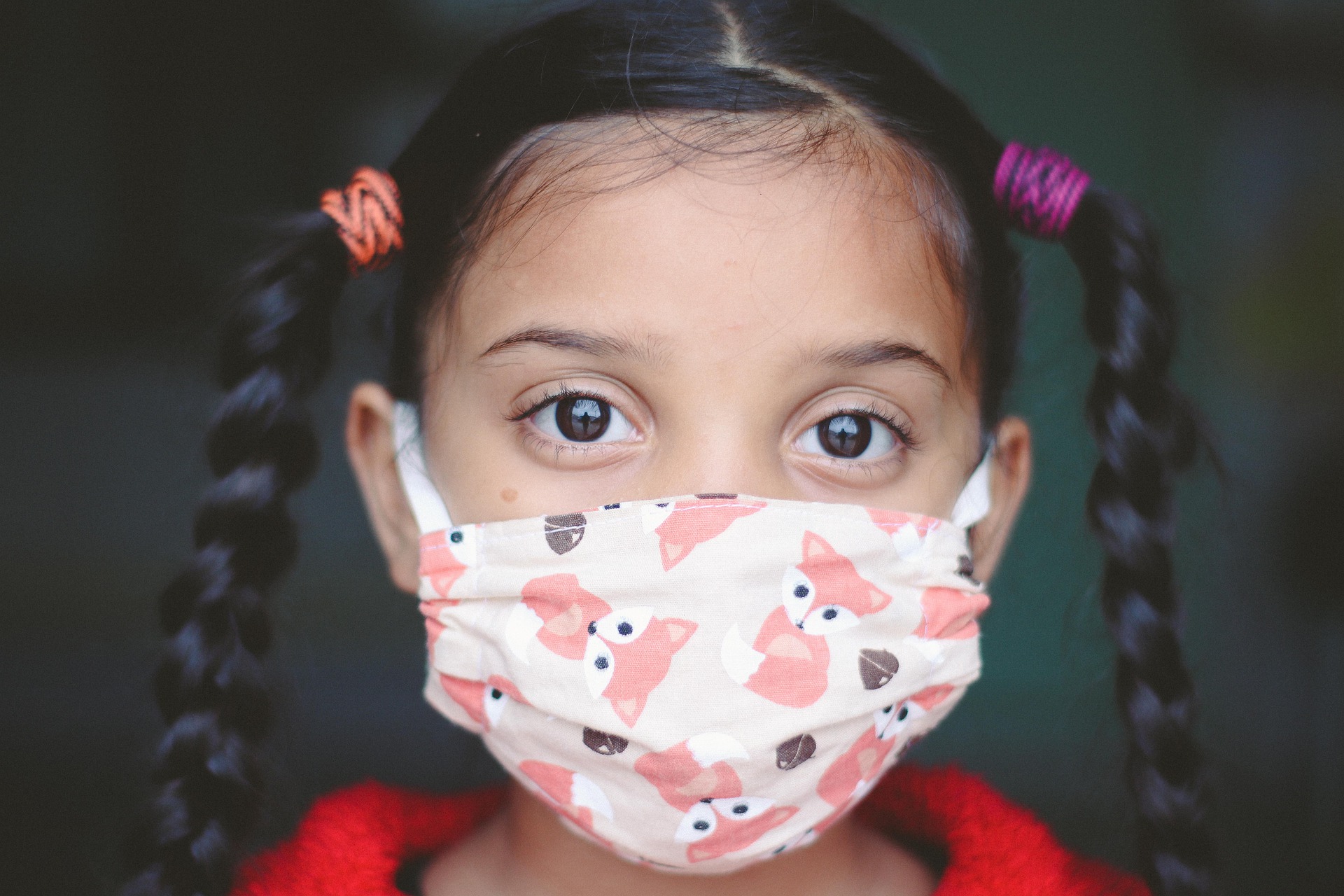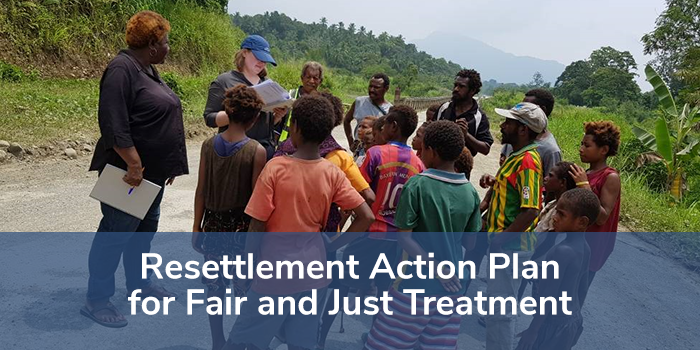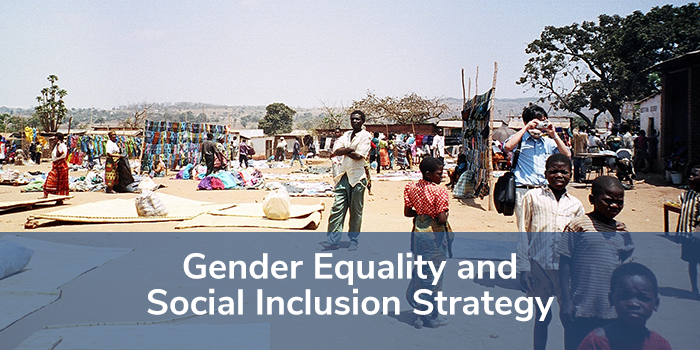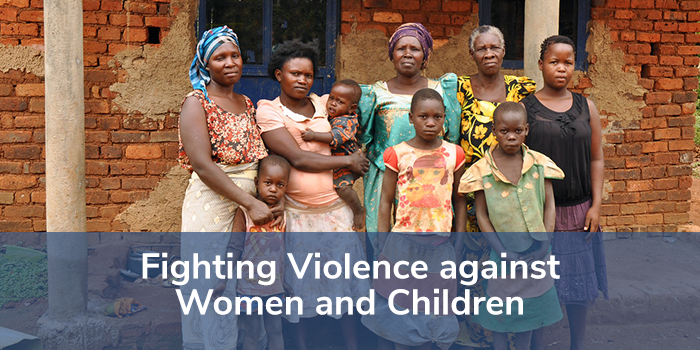SECTOR:
Social Affairs
Social Sustainability and Inclusion
Social Development encompasses a wide range of issues which are often cross-cutting, including, but not limited to: poverty reduction, access to quality education, reduction of inequalities and discrimination, employment stimulation, overpopulation, safety in cities, ageing, family planning, public health, fight against communicable diseases, role of civil society, child protection, gender-based violence, and disability.
Social protection systems have the potential to transform social and economic dynamics by taking into account different types of risks and vulnerabilities related to socio-economic factors experienced by various social groups (based on gender, race, religion, ethnicity, age, sexual orientation or disability), and the underlying causes of discrimination. It also requires to explicitly integrate these groups’ specific needs throughout their life in order to reach prosperity.
The populations in developing countries have been experiencing profound social transformation:
- Great progress has been made towards inclusive and equitable quality Education. The global average for girls’ school life expectancy jumped from around 6.7 years in 1970 to 12 years today.
- Death rate from HIV/AIDS dramatically decreased in central and southern Africa between 2003 and 2017, thanks to better therapy programmes, better prevention and education campaigns.
- The share of Africans living in extreme poverty has fallen substantially in the past decades. However, due to high population growth, the number of poor people in Africa has actually increased from 278 million in 1990 to 413 million in 2015.
- Through the development made towards gender equality and access to education, a reduction of gender-based violence and an overall increase in the well-being of women and children in society can be observed.
Despite significant improvements, progress related to social development remains slow and further challenges will need to be answered in the future.
Social Development during COVID-19
- Developing countries will be hardest hit by the COVID-19 pandemic. They are facing an unprecedented health and economic crisis, with potentially extreme economic, social and sustainable development consequences that may reverse decades of development progress and further jeopardies efforts to achieve the 2030 Agenda for Sustainable Development.
- The crisis will aggravate existing development challenges and structural vulnerabilities such as persistent social and economic inequalities, conflict and forced displacement, declining trust in government, etc. Exports in developing Asia are falling, growth in Africa could be halved, and an extra 30 million people in Latin America could fall into poverty. Containment measures in developing countries will further affect businesses and households, and could disrupt supply chains, engender a food security crisis, and result in increased incidence of gender based violence.
- All these factors urge for response and support from the international community.

NTU’s involvement in the social sector
Throughout all our activities (both in our offices and on our projects), NTU values equality, inclusion and respect above all. Our multicultural and gender-balanced teams always benefit from the opportunities to personal and professional development, constant improvement of life standard and work-life balance.
On our projects, we are supporting social sustainability, strengthening the focus on inclusion, and contributing to resilient and peaceful communities. We do so by working with governments, communities, civil society, the private sector and other stakeholders – whether the project is focused only on social matters or not. Regardless of the technical scope of the project, we always look for possibilities to promote social safeguards in it.
NTU services range from the policy and programming studies on social matters (including gender, employment, education, migration, social stability and peace to name a few) through implementation of institutional and capacity building programmes in these sectors to conducting evaluations of the programme and delivery of concrete recommendations. We also cover social safeguards aspects of the investment projects, including gender strategies, social plans, resettlement and compensation plans, awareness raising on social and health matters, etc.
NTU, through its projects in Social Affairs, contributes to achieving the following SDGs:










